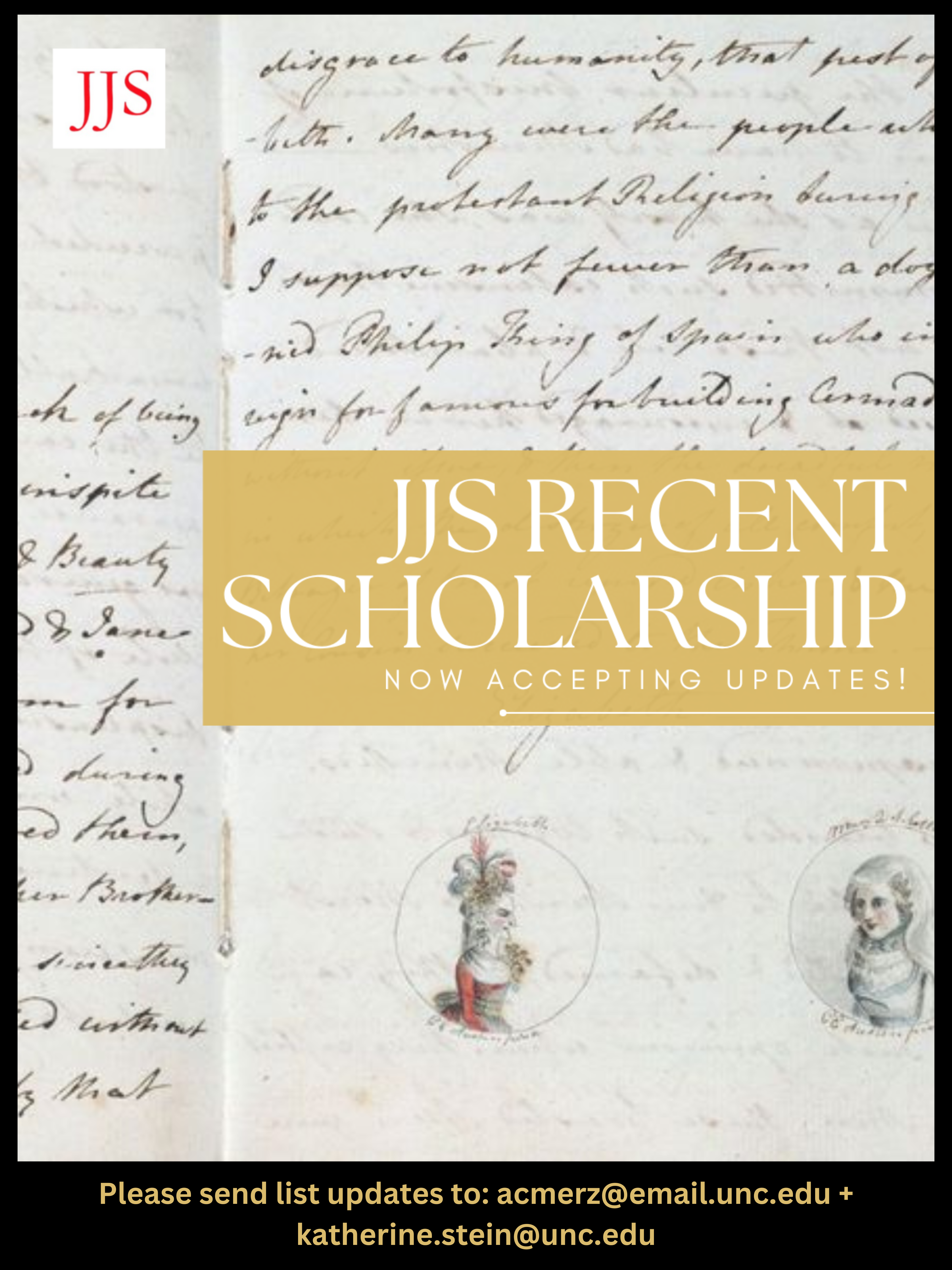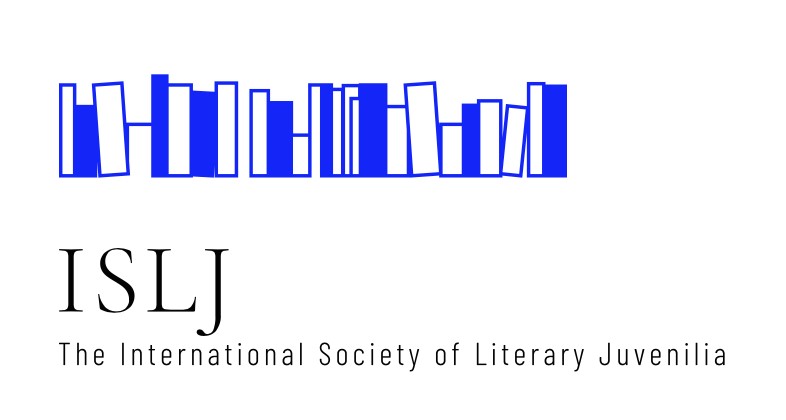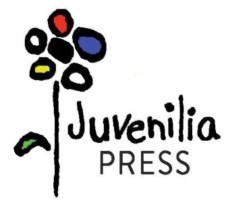Class Acts
Juvenilia, John Ruskin, and the Humanities Today
DOI:
https://doi.org/10.29173/jjs114Abstract
The paper explores the teaching of juvenilia in the context of an ongoing crisis in the humanities, arguing the need to introduce university students to the study of child writing by including it when studying non-juvenile texts, as distinct from staging a separate course on it. It offers examples of teaching John Ruskin’s juvenilia with his mature work but also with romanticism more generally. Ruskin’s early poetry can be read as evasive, the young writer cutting himself off from examining his feelings as they emerge in the writing process, especially as he documents what might be very personal topics such as his interactions with his parents and his developing maturation. The paper argues that students reading Ruskin’s juvenilia will have insights into The King of the Golden River, a mature work, and the masculinities it represents because it too refuses to pursue difficult themes. In a similar way, his juvenilia can be used in the undergraduate classroom to enhance understandings of romanticism in that the evasiveness in Ruskin’s poetry can be read as the consequence of Ruskin’s reading of the romantics and especially the image of the romantic child as developed in Wordsworth’s verse. Though the paper is on pedagogy and juvenilia, most of it consists of an analysis of Ruskin’s early verse.
Downloads
Published
Issue
Section
License
The Creative Commons Attribution-Noncommercial-No Derivatives 4.0 International license applies to all works published by the Journal of Juvenilia Studies and authors retain copyright of their work.
![]()



.jpg)
 Dedicated to the discussion and promotion of literary works by young writers
Dedicated to the discussion and promotion of literary works by young writers

